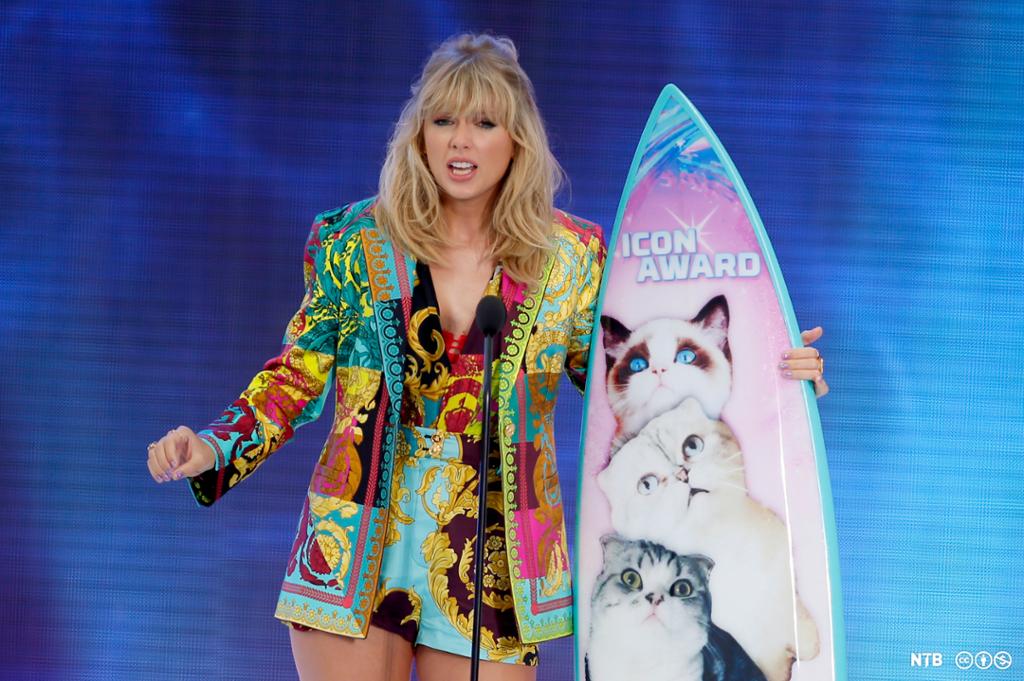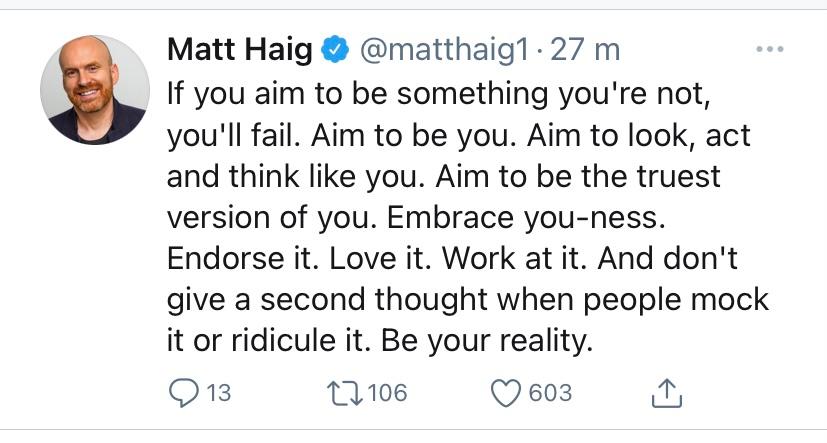Role Models

Having positive role models can influence us in a number of ways. They can inspire us to overcome difficulties in our lives, find our true potential, and follow our dreams. We can learn from the mistakes of others, and we can find strength in knowing that people have overcome problems similar to our own. Having a role model who is relatable can make us feel less alone in the world.
On the other hand, taking inspiration from people who are very different from ourselves can make us feel inadequate and incomplete. We may scramble through life chasing an unattainable goal, without reflecting on whether this is actually who we are or what we really want.
When we talk about role models, we often mention celebrities. The media may state that so-and-so is a good role model, or that they are a bad role model. When we want someone to look up to we often choose the people who are most celebrated, those who get the most attention: people like actors, athletes, musicians, talk show hosts, reality stars, bloggers, etc.
We may also find role models outside popular culture. It can be activists, politicians, inventors, entrepreneurs, doctors, researchers, or explorers. There are many remarkable people both in the past and in the present with whom we may identify.
Our most important role models are often found close to home. Parents, relatives, friends, teachers, or people in our local community may represent what we want from life in a good way. A role model doesn't have to be a perfect person; just someone who has qualities that we want in our own lives.
Sometimes role models disappoint us. After a while, the person may reveal a side to their personality that we do not respect, which makes us reconsider them as our role model. Nobody can offer us a blueprint on how to live our lives so when our role models let us down, we must try to focus on what it was about them that we wanted to draw inspiration from in the first place. Role models are good to have for inspiration, but we must live our own lives. It is easy to believe that because someone is famous or popular, that is how we should be too. However, we have to choose the path in life that is meaningful to us.
Most of us have role models, but do we really need them? If the goal is to be our true selves, should we not look within rather than outside ourselves? There is no single answer to this question. Everyone must decide for themselves. What is a fact, is that there are many people who do great things in the world today, and it may improve our lives if we believe that we are also capable of great things, whether it is to be an athlete, a musician, a loving parent, a good and trusted friend, a brilliant inventor, a changemaker, or any other thing that you want to be.
NDLA English has articles about several people who have done remarkable things with their lives. Pick one of the articles as a starting point to learn more about the person and their life, then look for additional relevant sources.
You may also select another person, but try to find someone who is not a mainstream celebrity.
Make a presentation about the person's life and what they have accomplished. Is this person your role model?
The presentation should be about 10 minutes long.
Discuss the questions below with one or more partners.
- The text focuses on positive role models. Is there such a thing as a negative role model? What kind of person would that be?
- Are the people who raise us our primary role models?
- To what extent do our primary caregivers and the people who bring us up influence who we become? Could you lead a completely different life than the people who raised you?
- Is it possible to have no role models?
- If you cannot be as good as your role model, should you give up your dream? (For example: if you admire Adele and want to be a singer, but you don't have the kind of voice she has; if you want to be an author, but you aren't able to write the way Ernest Hemingway did; if you want to be an athlete, but you cannot run as fast as Usain Bolt...)
Write a response to each of the following scenarios. Make sure you consider who you are writing the response to.
Imagine that you are using a social media platform that limits the number of characters you can use in your answer to 280.
- You have a close friend who likes to post inspirational quotes on social media. Their latest post reads: If you are always trying to be normal, you will never know how amazing you can be.
- A person you dislike has posted the following inspirational quote: You change the world by being yourself.
- The prime minister has posted the following inspirational quote: Every day we are given the opportunity to be role models. Live well.
- Below, you will see a screenshot of a tweet made by author Matt Haig. Respond to the tweet.
